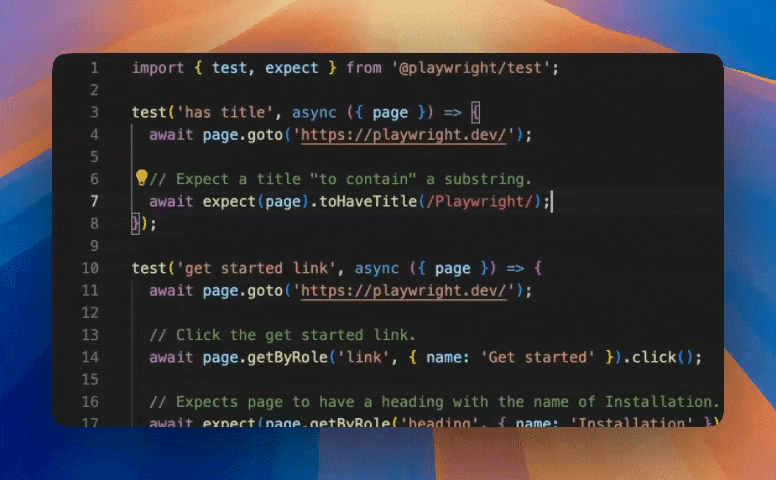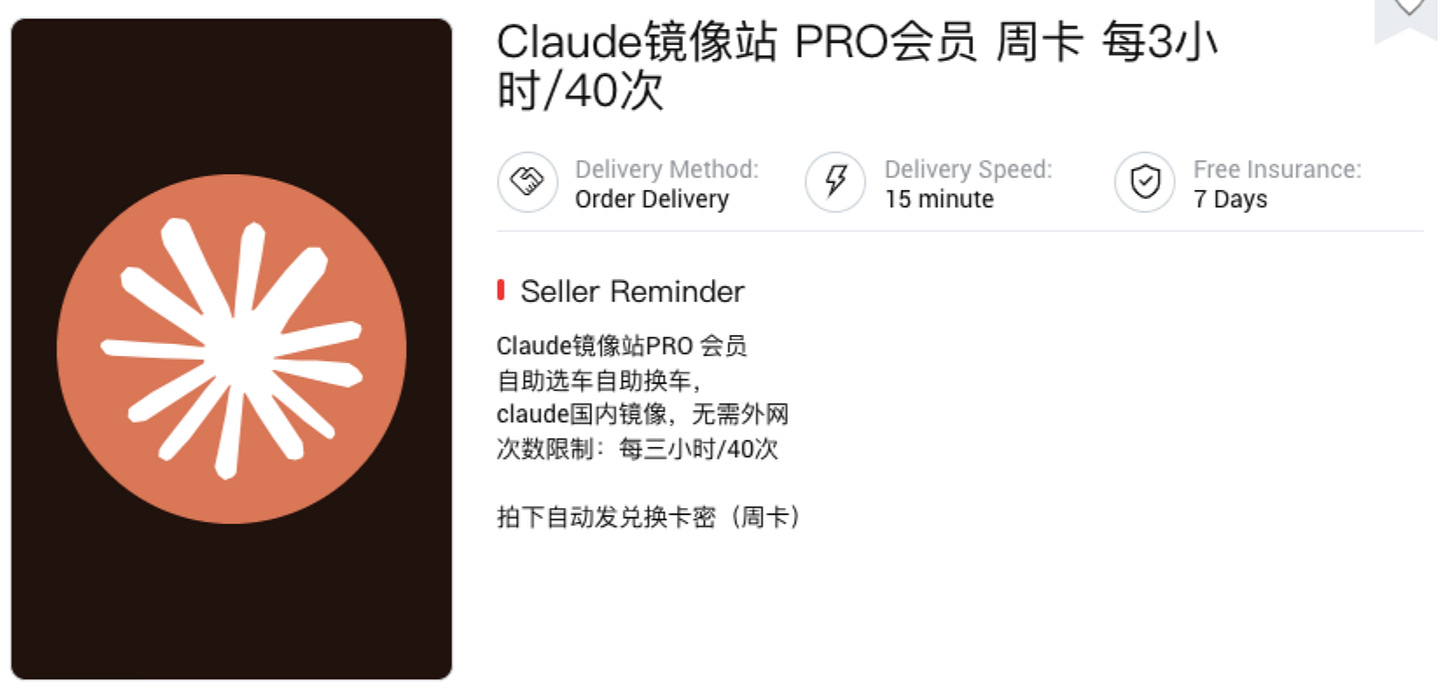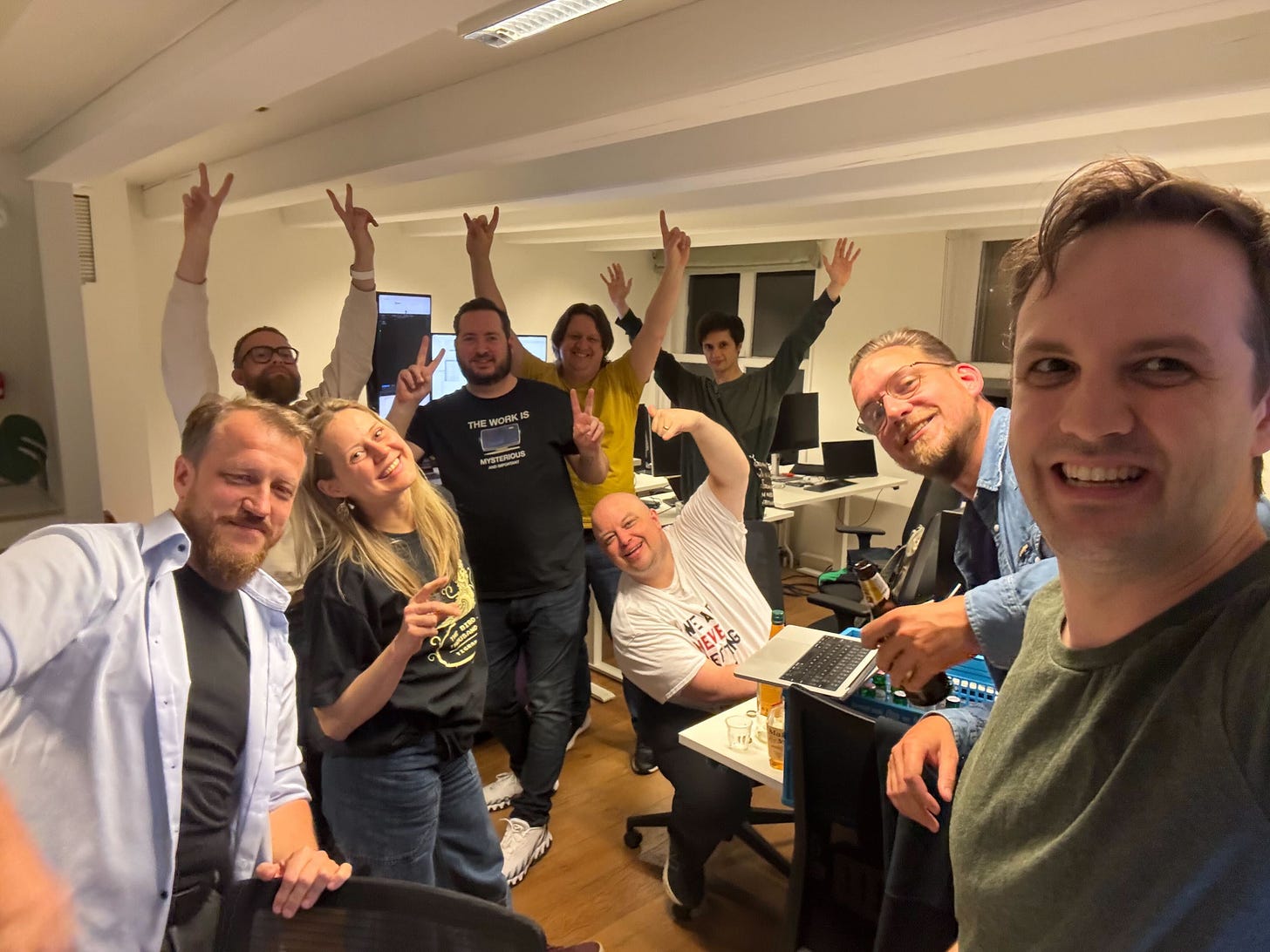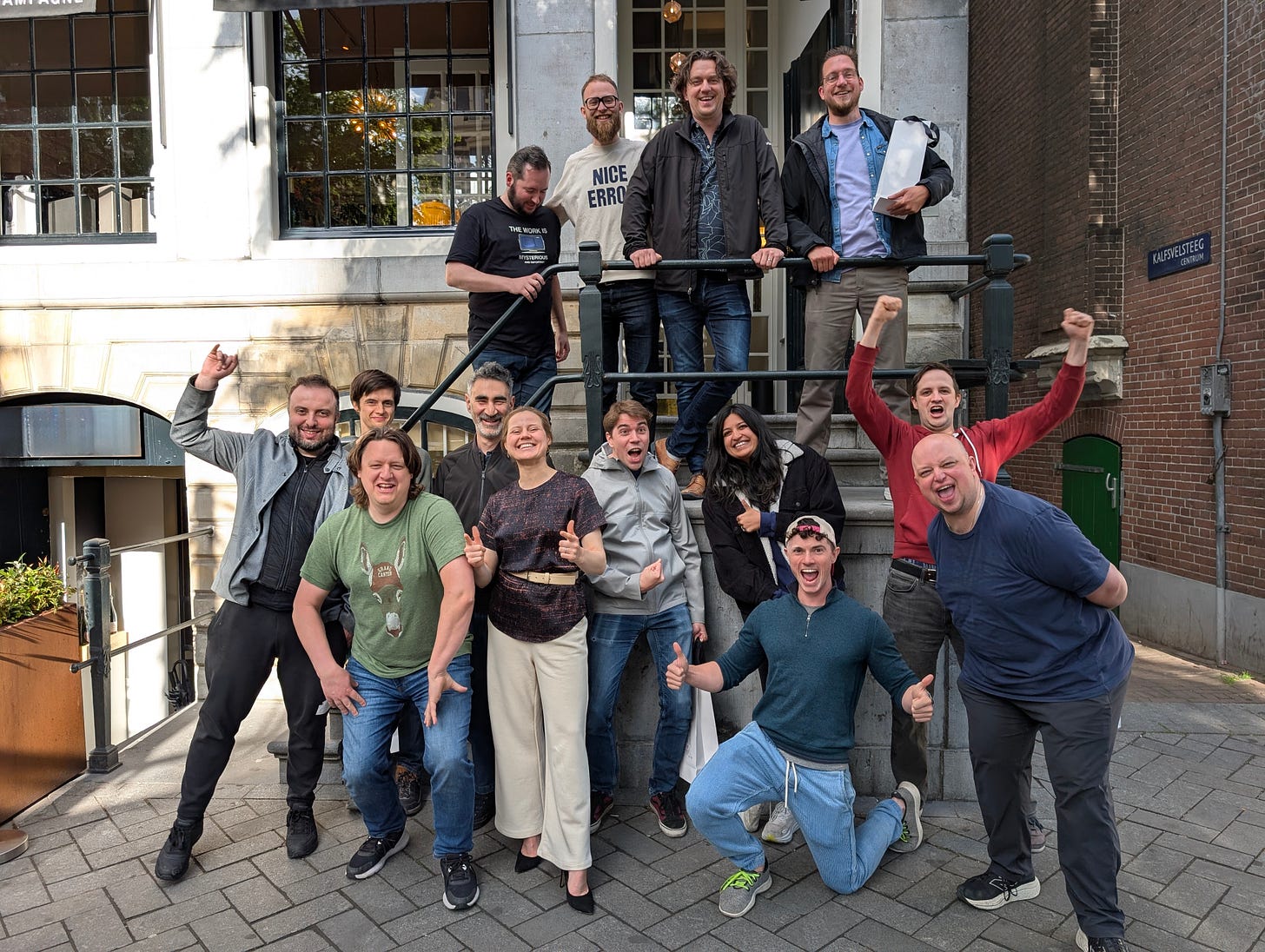Three months ago today, I took what felt like the biggest leap of my career. After five years building AI products and maintaining open source projects like rrweb, I got a call that would change everything: "Want to help build the world's best open-source AI coding agent?"
Within 48 hours, I was the first hire at Kilo Code, joining founder JP Posma (fresh off his Vesuvius Challenge success). Within a week, we had assembled a ten-person team. Our mission was crystal clear: ship the world's best open-source agentic development tool. My first assignment from JP? We launch by Thursday!
The Foundation Decision
We gathered in Amsterdam to tackle our first major decision: should we build on Cline or Roo Code? Both are exceptional foundations, but we needed to choose wisely.
Cline felt like the obvious choice initially—solid, stable, and widely adopted. But Roo Code (itself a fork of Cline) aligned better with our vision. It was more open to community contributions and offered the higher level of configuration that developers actually want. Plus, it aligned with our long-term goal of building the enterprise features that make this viable for larger teams—something that could make both the commercial and open source sides sustainable.
Our decision: build a superset of both, starting with Roo as our foundation. We're building a superset, we declared, and meant it.
Launch Week: From Hero to Zero to Hero Again
Our launch exceeded every expectation. Hacker News front page ✓. Product Hunt top five ✓. Then reality hit us like a freight train.
Turns out a hacker group based in China had built an open source tool specifically to exploit our API provider, registering tens of thousands of accounts to harvest the free credits we were giving out to new users. For a brief, painful moment, their exploitation tool had more GitHub stars than our actual project. Talk about a humbling experience.
This forced us into what I can only describe as "merge conflict hell"—constantly pulling from upstream Roo, fixing conflicts, and patching user-reported issues without contributing much back. The irony wasn't lost on me: we forked Roo for speed, but now it felt like we were at a stand still, just staying in sync with Roo.
Having been through a similar situation with rrweb a couple years after my time at the Apache Software Foundation, I knew the only way out was through. We had to get past this reactive phase and start contributing upstream in a meaningful way.
Fighting Our Way Back
It took weeks, but we eventually got the abuse under control and could breathe again. We started to contribute back to Roo Code. Contributing upstream is good for everyone as it also reduces merge conflict and allows us to move faster. Big shout-out to the Roo team for being so nice to work with us, despite all of us competing!
Though I have to be transparent: what we've shipped upstream is still tiny compared to the massive value we get from both Roo Code and Cline. Most of these contributions are also very recent—literally from the past week—but it's a start:
Our contributions to Roo Code:
Fix menu breaking when Roo is moved between primary and secondary sidebars
✨ feat(settings): Add allowedMaxRequests feature (inspired by Cline)
Community contributions we helped shepherd upstream:
As you have probably noticed a number of these contributions also have their origins in Cline. This is part of our continuous goal to combine all features from Roo and Cline into Kilo Code and build a superset.
The Autocomplete Milestone
One of the biggest requests from the Cline/Roo/Kilo ecosystems has been autocomplete. It's not strictly "agentic," so it felt like a deviation from our core mission. But when the community speaks, we listen.
Today we launched the first version of Kilo Code autocomplete, built on the amazing foundation from Continue.dev. It's still in early alpha and hidden behind a checkbox in the experimental settings, but it's happening! This represents our biggest milestone yet—bridging the gap between traditional IDE assistance and full agentic coding.

What We've Accomplished
Looking back at these three months, the numbers tell an incredible story:
Hit #3 on OpenRouter this week (our highest ranking yet!)
#6 on OpenRouter for the month (consistent top performance)
Maintained feature parity with Cline and Roo for over a month (staying true to our superset promise)
Multiple Hacker News front page features (community validation)
Featured in Product Hunt newsletter (mainstream recognition)
First Cursor, first Windsurf and first Webstorm subscription cancellation in favor of Kilo Code (the ultimate open source victory!)
Two in-person team gatherings (not easy with team members across multiple continents!)
Consistently ported over all the features from Cline for a month now (Superset FTW!).
Fullstack Modiji made a video about us (now I can retire, right?!)
Looking Forward: Sustainable Open Source
As someone who's spent years in open source, I believe sustainable open source is the key to building something that actually moves our industry forward. Especially now, when even the "Open" AI companies are increasingly closed.
Our enterprise-focused business model aligns perfectly with keeping the core project as open as possible. Since we don't take a cut of token usage, we're not incentivized to push unnecessary consumption. We won't sacrifice power, quality, or speed to force users into flat-fee pricing models that don't match how developers or the utilized LLMs actually work.
The Horizontal Scale Strategy
Rather than trying to innovate everything from scratch, we're scaling Kilo Code horizontally—adopting great open source tools and technologies, then contributing back to the ecosystem. Think Next.js for React or Nuxt for Vue.js. We're building an all-in-one AI toolkit that both benefits from and strengthens the entire open source AI development ecosystem.
This isn't just about building another AI coding tool. It's about proving that open source can compete with—and ultimately surpass—closed, proprietary solutions where it matters most.
The next three months will be even more exciting. Stay tuned.
Thanks for being part of this journey. If you haven't tried Kilo Code yet, grab it from the VS Code marketplace and join our Discord community. Your feedback shapes everything we build.





It’s been insane to see how quickly Kilo has climbed the OpenRouter rankings! Thank you guys for all your hard work 👏